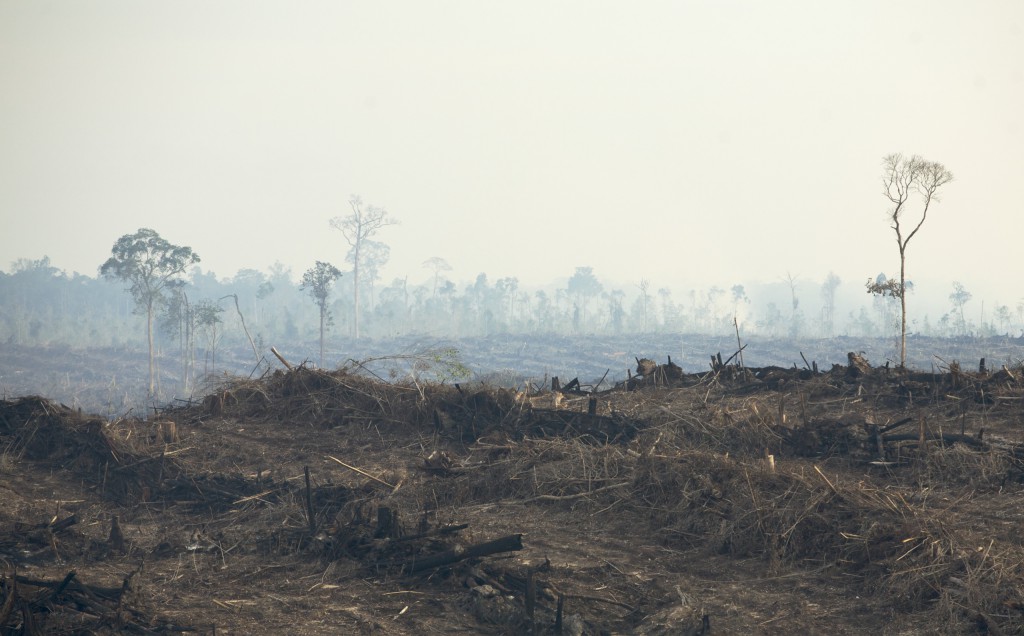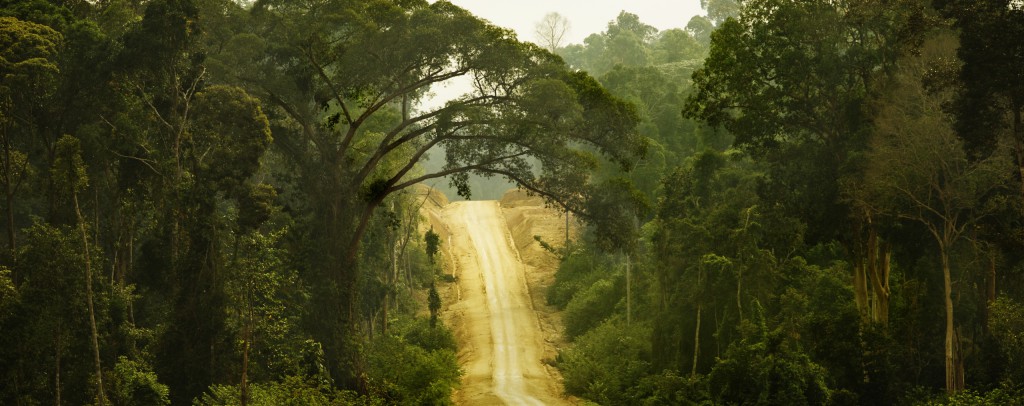Nestle, the world’s largest food and beverage company, has become the latest major multinational to cancel their palm oil contract with Sinar Mas, one of Indonesia’s largest conglomerates and a leading producer of both palm oil and wood pulp for paper and packaging products.
A string of reports have shown that Sinar Mas is actively clear cutting Indonesia’s forests, home to the endangered Orangutan, Sumatran Tiger, and Elephant, in violation of Indonesian law. Not only is Sinar Mas’ palm oil dirty and dangerous, it is also illegal.

With the world’s major buyers of palm oil, including Uniliver, Kraft, Sainsbury and now Nestle cutting ties with Sinar Mas, Cargill’s support of Sinar Mas’ rainforest destruction and chain of illegalities has become all the more unacceptable.
The world’s CEOs, environmental groups, and local Indonesian communities all agree: Sinar Mas is a critical threat to the world’s forests, forest peoples, and the climate. Those companies who buy from Sinar Mas have acted, and Sinar Mas is reeling from tens of millions of dollars of contract cancellations.

Yet Cargill continues to stand by Sinar Mas. The Minnesota based agribusiness giant sells Sinar Mas palm oil worldwide, turning a profit as Sinar Mas illegally burns carbon rich peat forests and forcibly evicts local communities to make way for palm oil. Cargill has repeatedly refused to disclose the size of their palm oil contracts with Sinar Mas subsidiaries and affiliates, contracts insiders believe Cargill pays Sinar Mas tens of millions of dollars a year for their dangerous palm oil.
Although Kraft and Nestle have canceled their contracts with Sinar Mas, these companies are still not free of Sinar Mas’ palm oil in their global supply chains. Both Kraft and Nestle are large buyers of palm oil from Cargill, and Cargill continues to supply palm oil to the global market from Sinar Mas. Until Cargill cancels with Sinar Mas, Nestle, Kraft, and USA companies such as General Mills, will be forced to support Sinar Mas’ untenable palm oil operations in Indonesia.
Business as usual has become unacceptable for buyers of palm oil. The top management of Unliver, Kraft, and Nestle have all acknowledged that systemic change is needed in Indonesia’s palm oil sector. But Cargill, with their business based on unsustainable clearing and burning of rainforests, refuses to act on the demands of their customers.
Over the past months, Cargill has repeatedly told RAN that they will change their ways if they ‘hear it from our customers’. Well, Cargill’s customers have spoken, and Cargill management must disassociate themselves with Sinar Mas, other worst-of-the-worst palm oil producers, and put an immediate end to deforestation at their own palm oil plantations, or risk being the next palm oil supplier that Uniliver, Kraft, and Nestle cut all ties with.
David Gilbert is a forest program research associate with RAN. He has lived and worked in the forests of the Amazon and Indonesia. He has a special focus on Indigenous rights and tropical forest conservation.
He can be reached at davidgilbert AT ran DOT org